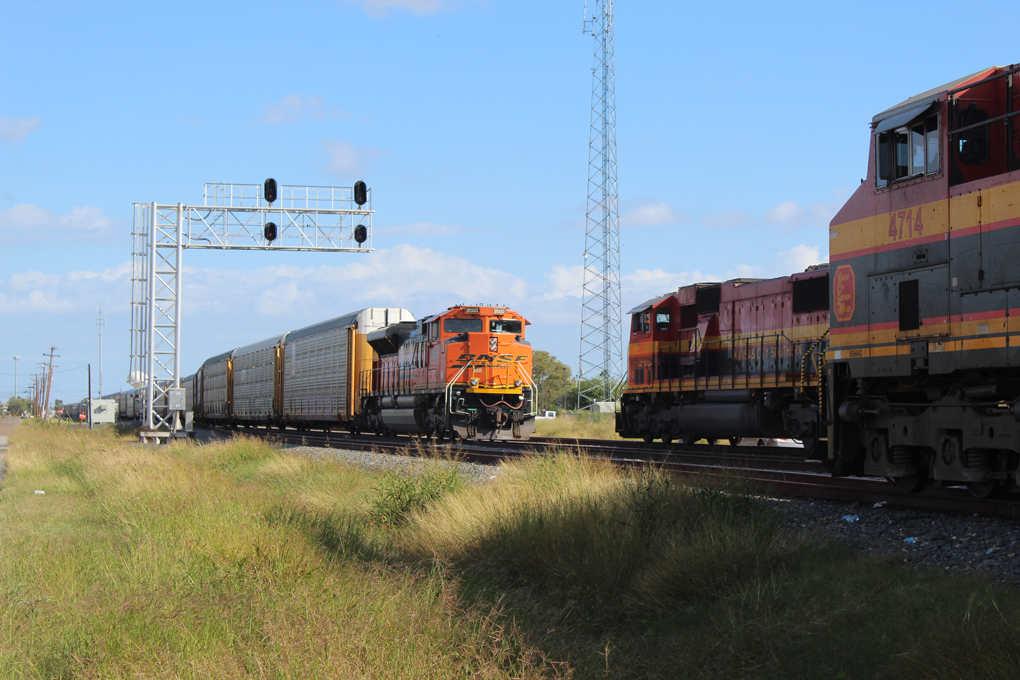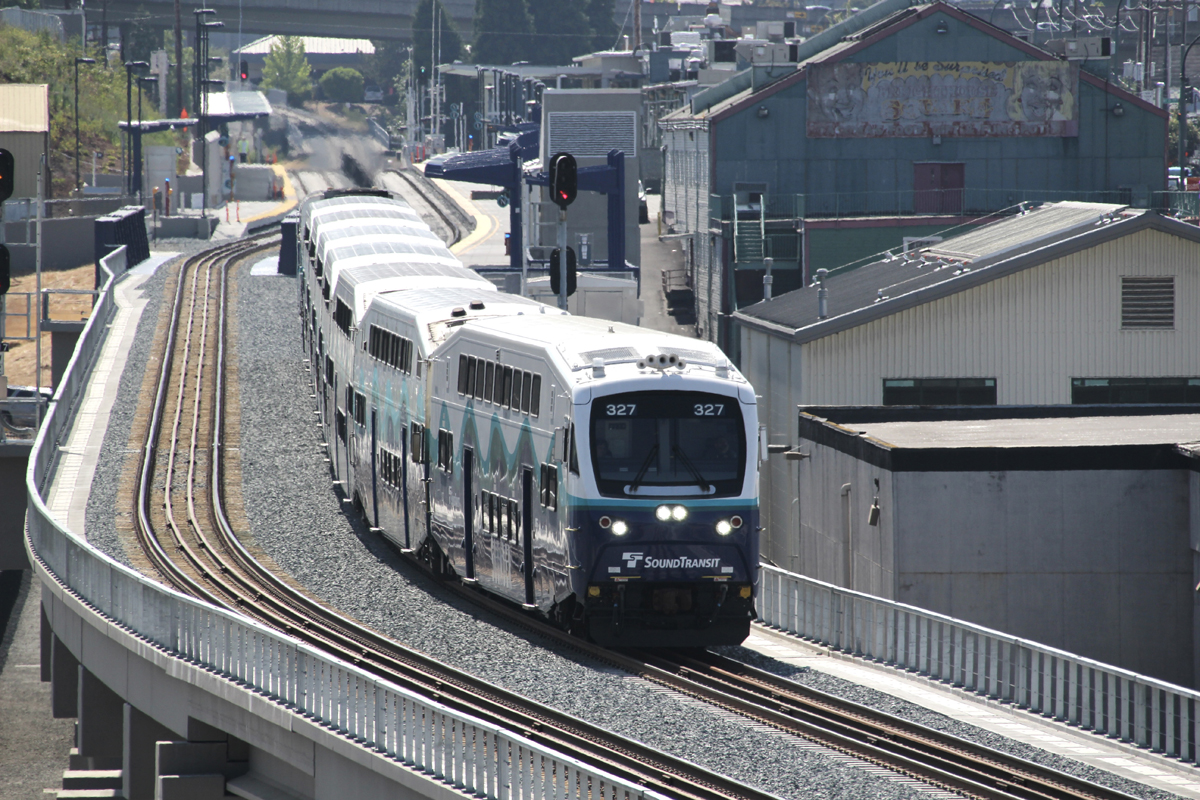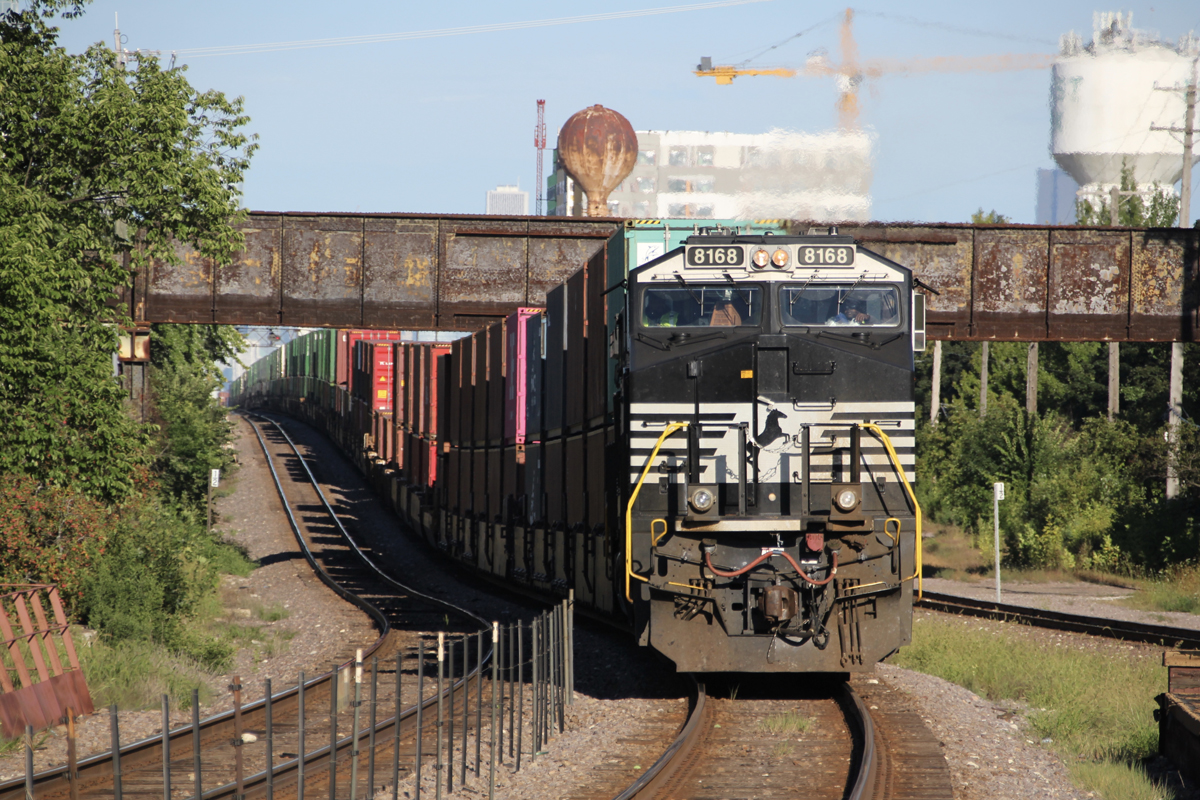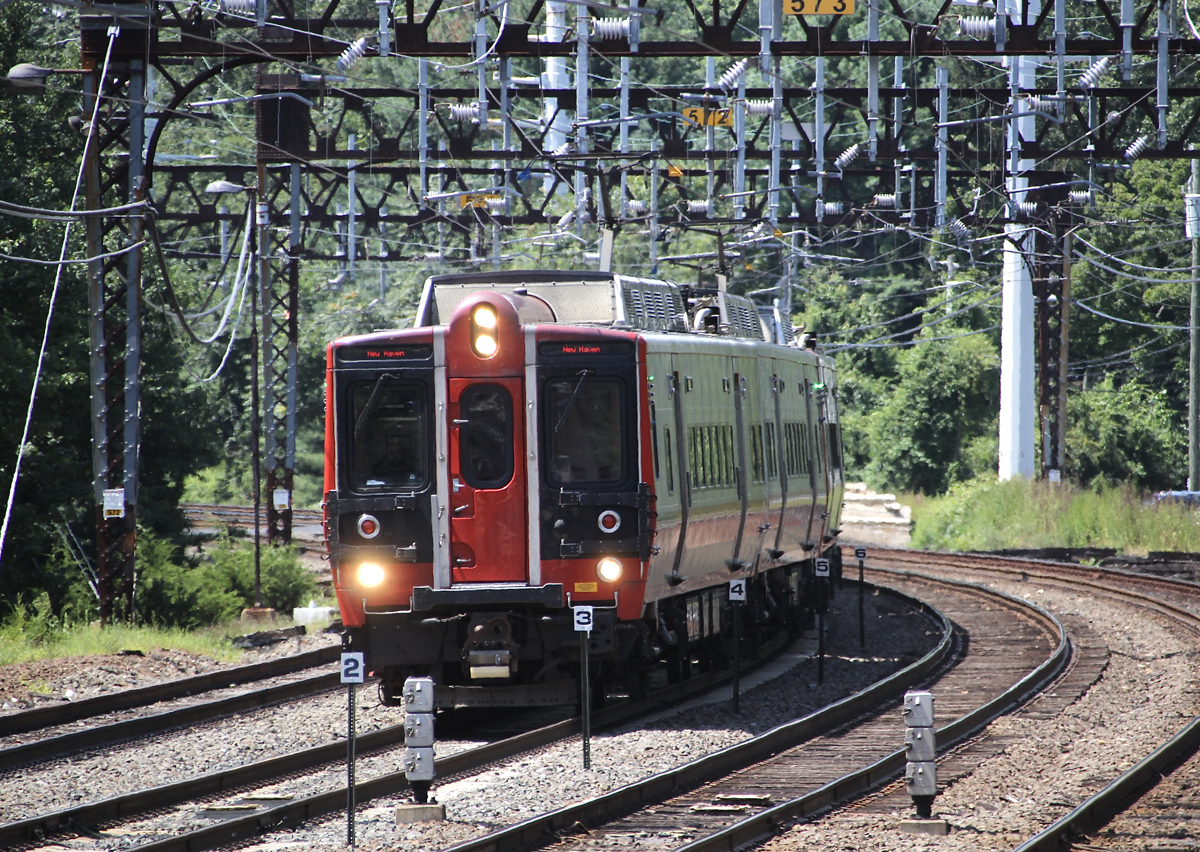“Ending uncertainty will be a positive for investment in factories, workers, and infrastructure to support continued growth,” says independent rail analyst Anthony B. Hatch of ABH Consulting.
Mexico traffic is far more important to U.S. railroads than Canadian traffic, Hatch says, so the bilateral deal with Mexico “is a plus for North American railroads in general.”
“But we need the whole enchilada,” Hatch says, referring to an updated North American Free Trade Agreement that includes Canada.
A Union Pacific spokeswoman said it’s too early to determine the trade deal’s potential impact on its business. UP supports free trade and has lobbied for a modernized NAFTA deal that covers trade among the U.S., Mexico, and Canada.
Cross-border traffic with Mexico accounted for 11 percent of UP’s total volume in 2017. UP serves all six gateways to Mexico and has a 26-percent stake in the Mexican railroad Ferromex.
Among the Class I railroads, Kansas City Southern is the most dependent on trade with Mexico.
In the second quarter, KCS’s own cross-border traffic generated nearly a third of its revenue and more than a quarter of its total volume, both of which were high-water marks for the railroad as cross-border traffic continues to grow through the Laredo, Texas, gateway.
A Kansas City Southern representative did not respond to an email seeking comment about the potential impact of the U.S.-Mexico trade deal.
KCS executives back a modernized NAFTA, support ongoing free trade, and have taken an active role in trade discussions on both sides of the border.
But the U.S.-Mexico deal includes provisions that could have a negative impact on the export of Mexican-built vehicles to the U.S.
The deal announced this week increases the minimum share of car content that must be made in North America to 75 percent, up from 62.5 percent. And it calls for 40 percent of an auto’s content to be made by workers making at least $16 per hour.
The Mexican government estimates that a third of vehicles produced in the country would not qualify for free trade under the new rules, largely due to Asian and European automakers who ship auto parts to their Mexican assembly plants.
A dozen car and SUV models made in Mexico may not meet the content threshold, according to federal data, and would be subject to a 2.5 percent tariff. The wage rule may prove the most troublesome for automakers’ supply chains and have an impact on cross-border rail traffic.
Production of some vehicles could shift to the U.S. and Canada because $16 per hour manufacturing jobs “just don’t exist” in Mexico, Manuel Montoya, who leads the Mexican trade group the Automotive Cluster of Nuevo Leon, told The Wall Street Journal.
The Auto Alliance, a trade group representing a dozen auto manufacturers, said this week that it supports a modernized NAFTA and looked forward to learning more about the specifics.
“We are pleased to hear that the U.S. and Mexico have reached a consensus on several issues, including automotive rules of origin,” the group said in a statement. “Automakers urge the U.S. and Mexico to quickly re-engage with Canada to continue to build on this progress. The industry is hopeful that any changes to NAFTA auto rules of origin continue to strike the right balance by incentivizing production and investment in North America while keeping new vehicles affordable for more Americans.”
Trade talks involving Canada have begun.















Interesting. More parts in 53s and fewer finished vehicles? What about Mexican parts shipped to US and Canadian assembly plants? Tariff?